Development Blog
Among the 12 very interestingly presented project, surprisingly there were only 2 projects, namely OBELICS and HIFI-Elements, that researches on tools, methods and development processes itself, which form the basis for further investigations of new battery and vehicle concepts and therefore also for the other projects. For more information, please click here. The evaluation of mechanical reliability and safety of HV batteries was mainly done by the OBELICS partners Bosch und Fraunhofer LBF. Primary goal is the deeper understanding of the battery behavior during field relevant vibration loads. The secondary goal is a tailor-made implementation of a novel probabilistic FMEA for battery systems. For more information, please click here. Developed a cost-efficient methodology and strategy for assessing the functional safety and reliability of battery systems, e-motor, braking system and inverters of the OBELICS’ drive train. For more information, please click here The ultimate goal of OBELICS is the development of a systematic and comprehensive framework for the design, development and testing of advanced e-powertrains and EVs line-ups. This framework will allow the reduction of development efforts by 40%, while improving efficiency of the e-drivetrain by 20% and increase safety by a factor of 10. 17 exemplary use cases form together 4 use case clusters, which introduce industrial and prospective, relevant engineering activities, to develop, proof and demonstrate new methods and tools along the entire e-vehicle development process. OBELICS partners have completed the definition of the use cases and metrics that can be considered in order to measure the achievement of the project impact. For more information, please click here. Completed description of new models, tools and methods supporting vehicle-level electric powertrain integration studies in a flexible and fast process. These development tools will support new powertrain concepts, multiple configurations of physical and/or functional models and vehicle-level processing scalability to cover detailed to real-time compliant simulation, by using “toy models” as close as possible of the final demonstrators to early validate results maturity. For more information, please click here. Test methodologies from previous and current battery characterization procedures of partners were developed. Aim is to standardize test protocols among partners. For more information, please click here The topics discussed in this collaboration emphasize on the standardization of the interfaces of e-components in the powertrain OBELICS has investigated different international (ISO & IEC) and European standards (JARI & SAE) regarding Lithium-ion batteries. For more information, please click here As per 1st October 2017 the OBELICS project starts. For the next 3 years the 19 consortium partners will work together to develop a systematic and comprehensive framework for the design, development and testing of advanced e-powertrains and EVs line-ups, to reduce development efforts by 40% while improving efficiency of the e-drivetrain by 20% and increase safety by a factor of 10 using OBELICS advanced heterogeneous model-based testing methods and tools. October 2019: OBELICS at the iModBatt battery modelling workshop

September 2019 Mechanical reliability and safety of the HV Battery completed
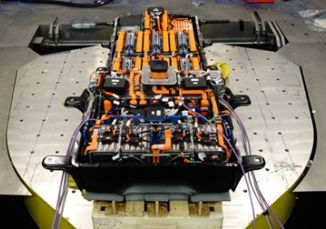
March 2019: Safety concepts ready
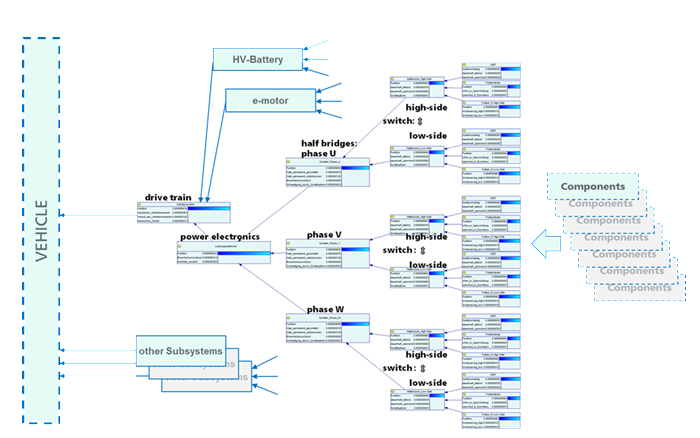
February 2019: Objective metrics defined for all use cases
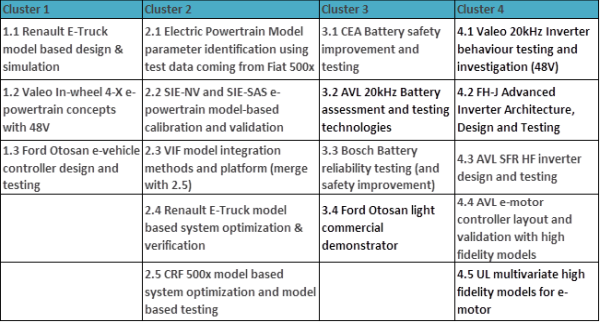
September 2018: toy models ready

May 2018: Optimization of test procedures complete
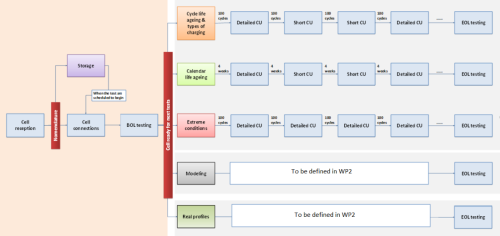
April 2018: first F2F meeting with HiFI-Elements project team
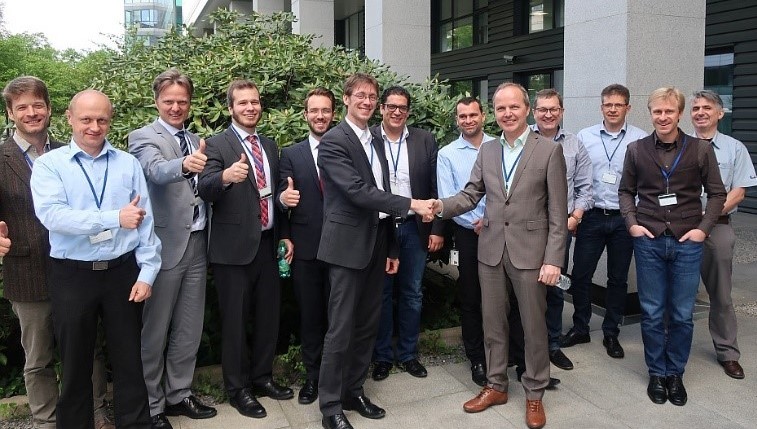
March 2018: review of lithium-ion batteries complete
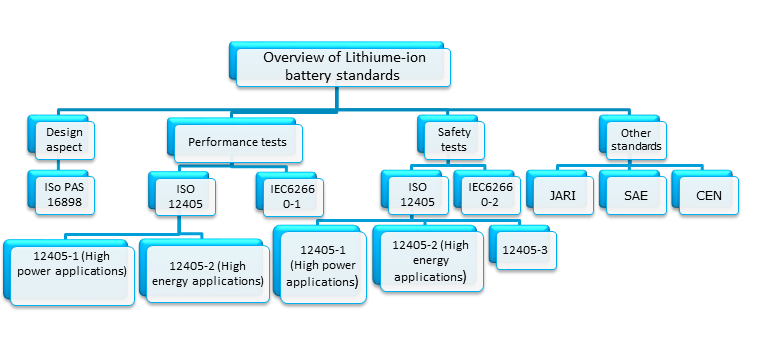
October 2017 – Project Kick-off
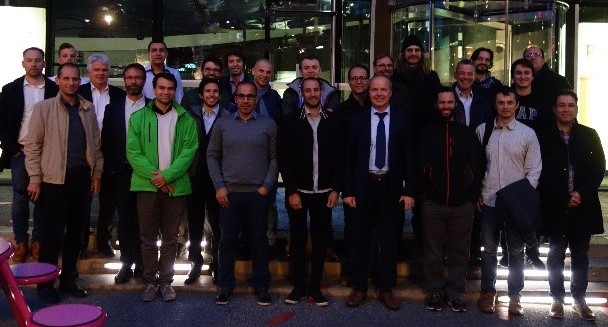


 Agreement no. 769506
Agreement no. 769506